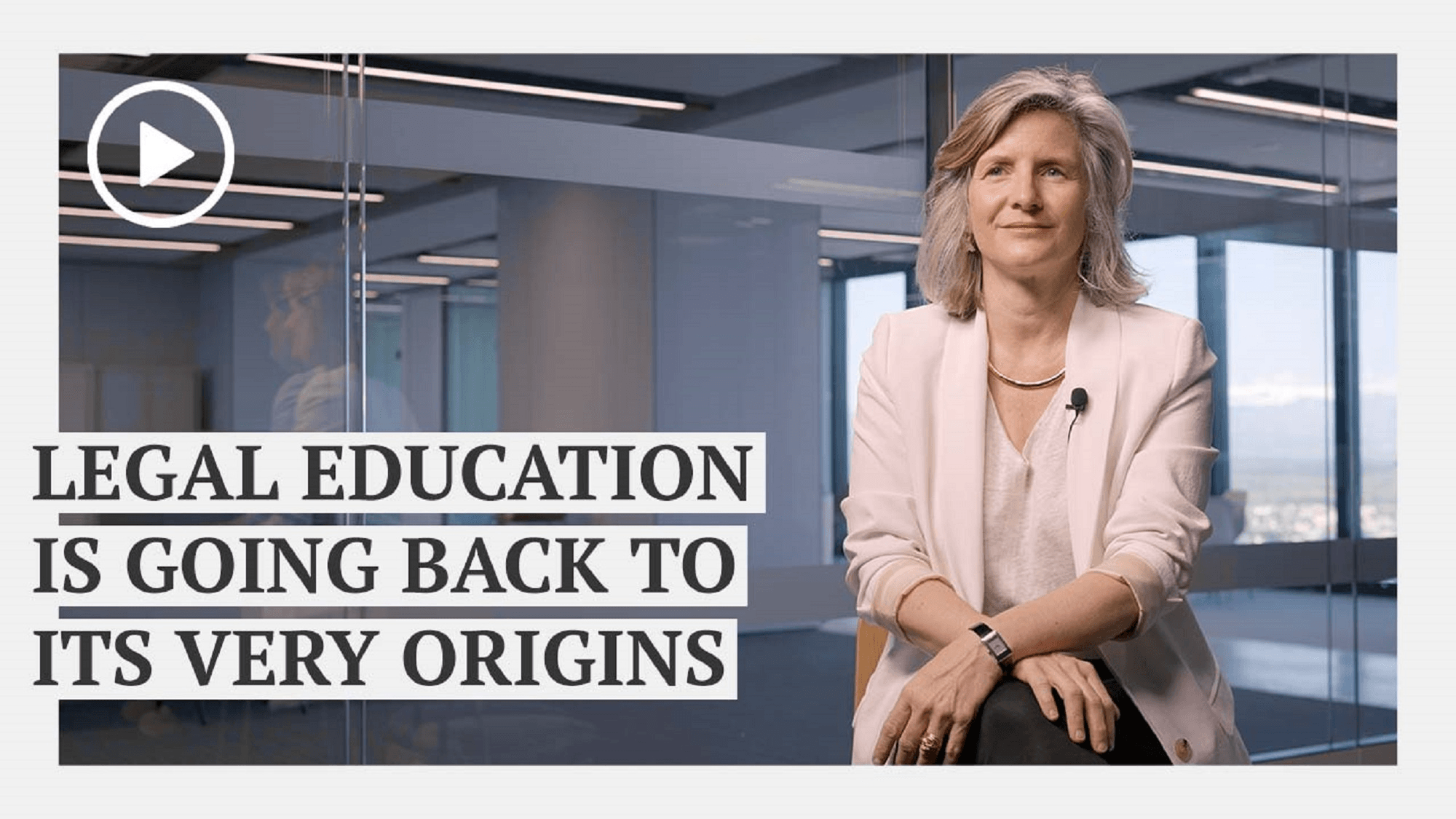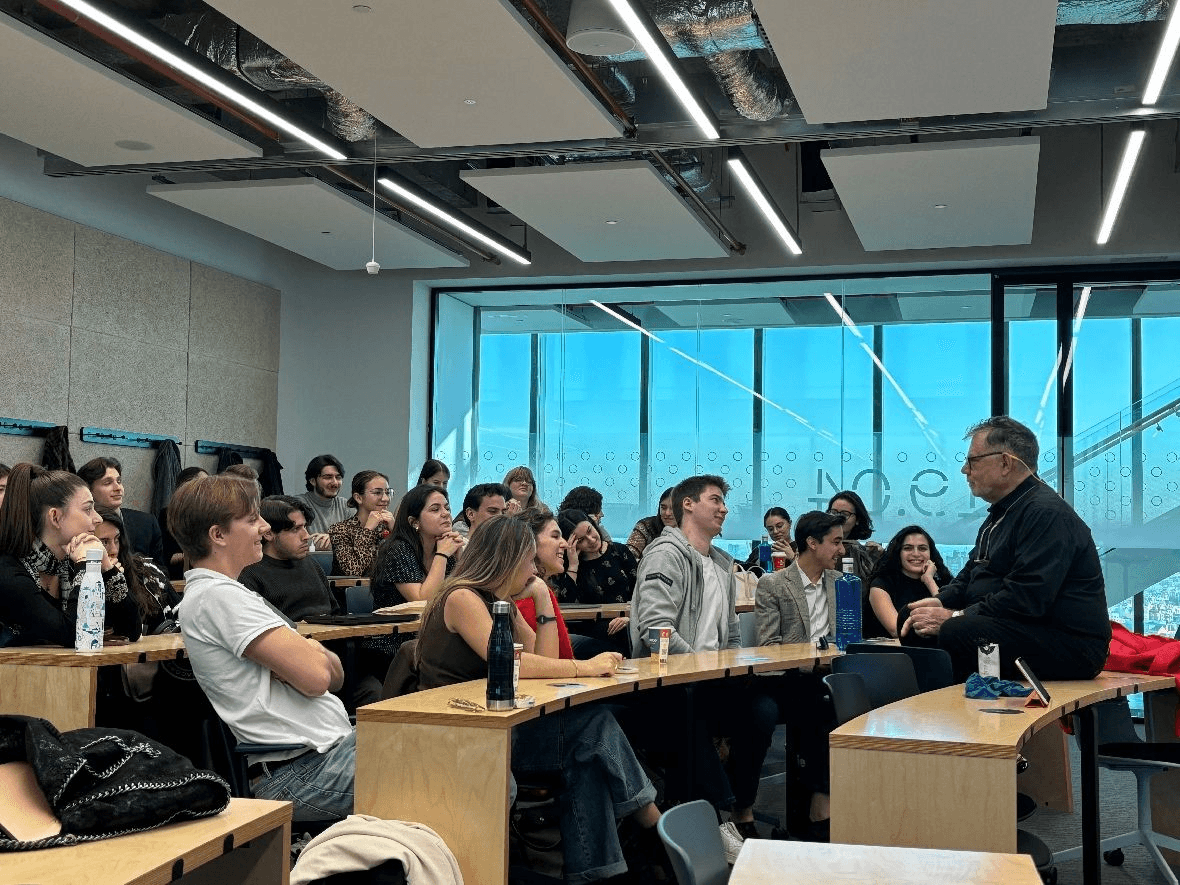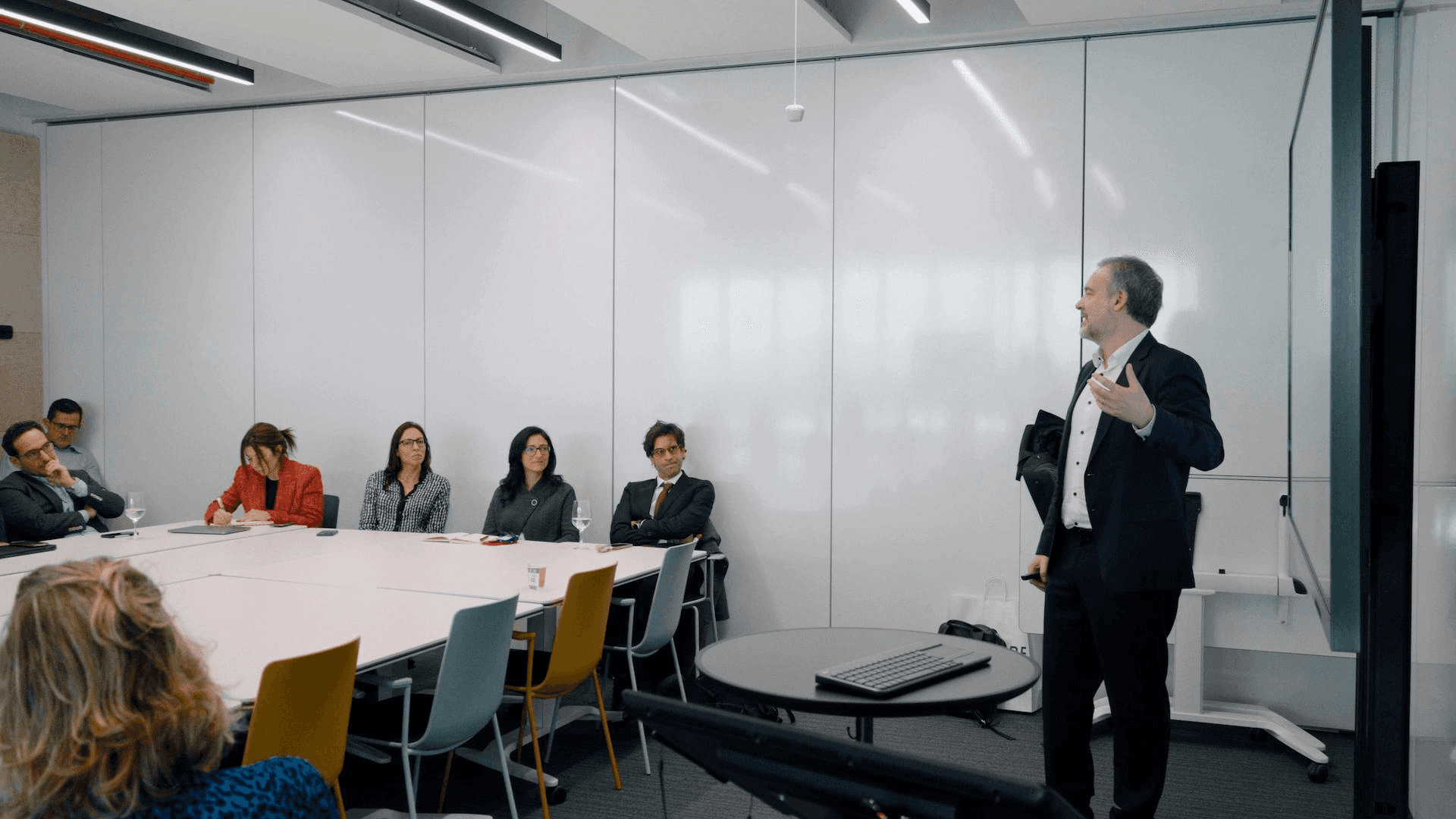Welcome to IE Law School
IE Law School is a global and multidisciplinary law school that transcends legal cultures, jurisdictions, and legal traditions to foster positive change as a consequence of our comprehensive research, sophisticated and innovative teaching methodologies for experiential learning, as well as active collaborations with private and public institutions, law firms, and companies.
We stand firmly behind the commitment to educate internationally-minded professionals; lawyers, jurists and citizens with a global vision in the practice of law.
EMPOWERING LEGAL PROFESSIONALS FOR SUSTAINABLE IMPACT
Our renowned faculty and practitioners are ready to share in-depth knowledge and expertise, built up over long years of research and practice in leading organizations around the world. Add to this our unique pedagogical style and dynamic, contemporary vision, you will undergo a transformative journey that will shape you into a versatile professional capable of driving impact across any organization.
UNLOCK YOUR LEGAL POTENTIAL: IMPACTFUL AND TRANSFORMATIVE PROGRAMS AND AN EXPERIENTIAL LEARNING
Explore IE Law School's rigorously designed portfolio of bachelor's, master's, dual-degree programs, and executive education programs for professionals meticulously tailored to shape the next generation of influential lawyers and jurist experts.
DISCOVER OUR MASTER'S PROGRAMS
DISCOVER OUR DOUBLE MASTERS IN LAWYERING
Master's Dual Degrees
Bachelor's and Bachelor's dual degrees
INTERESTED IN CHATTING WITH STUDENTS OR STAFF?
Our students and staff are always available to share their experiences and help resolve any doubts you might have.
IE INSIGHTS: EXPERT PERSPECTIVES
Insights is IE University’s thought leadership publication for sharing knowledge on management, law, and innovation. We bring fresh ideas from research-based analysis, practitioners, and world-leading experts.
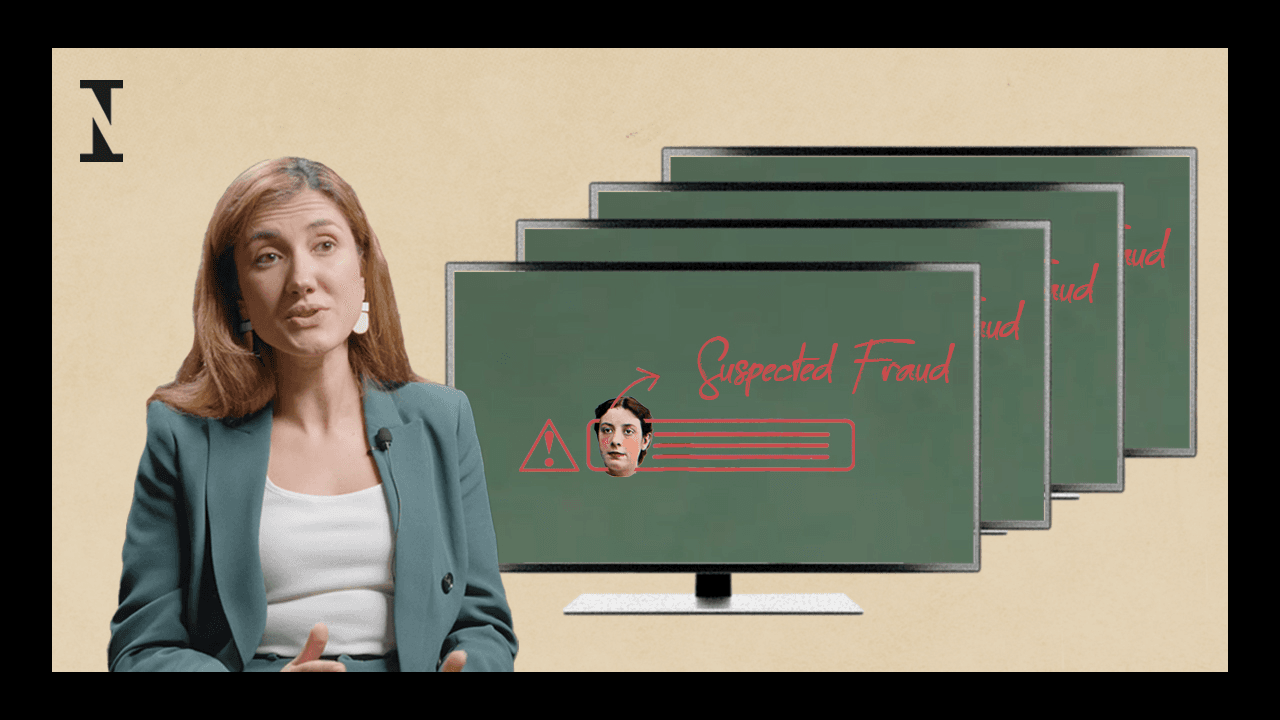
The Dangers of Automation in Administrative Law
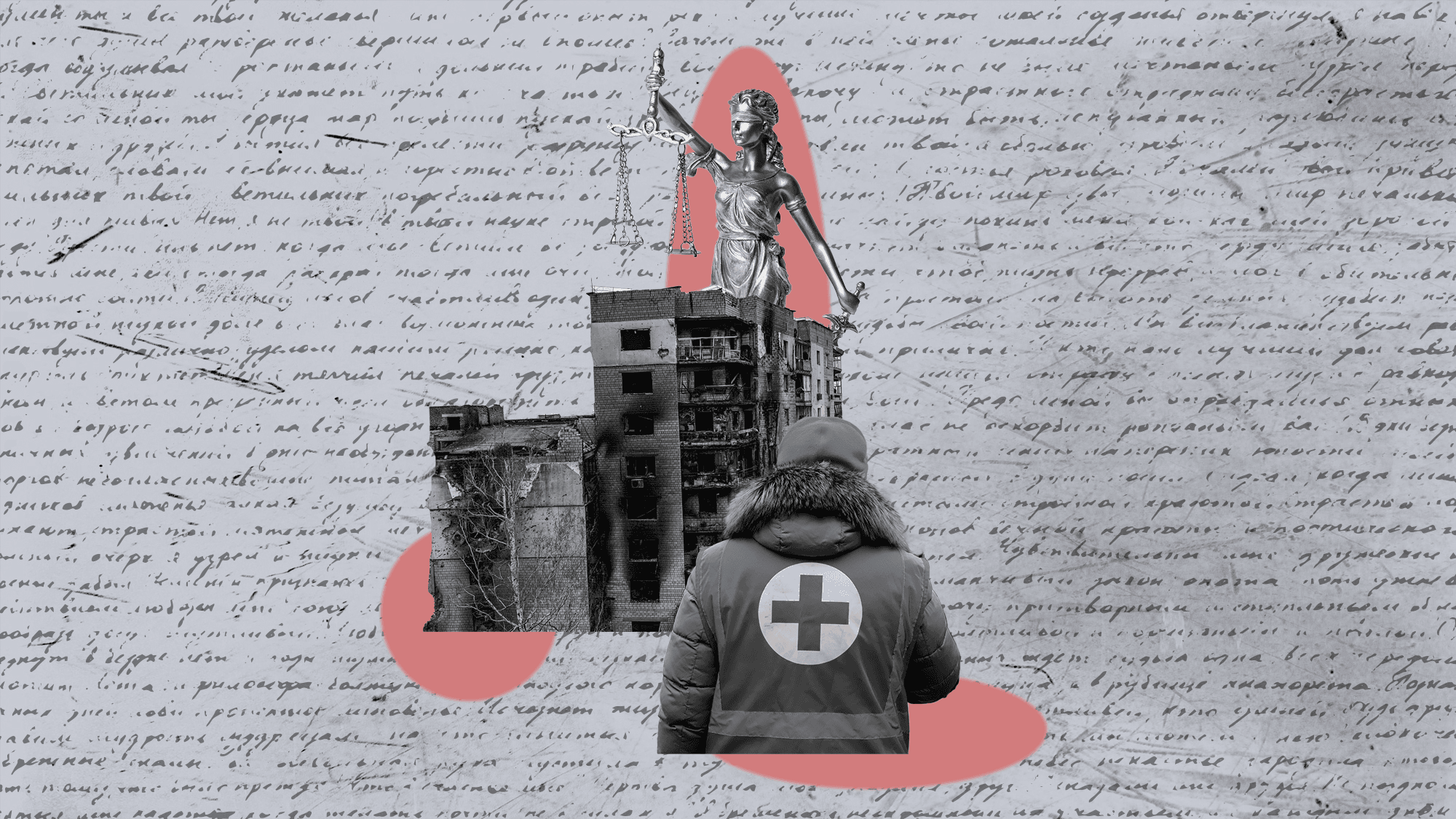
International Humanitarian Law: Navigating Boundaries in Times of Conflict

The Community of Data
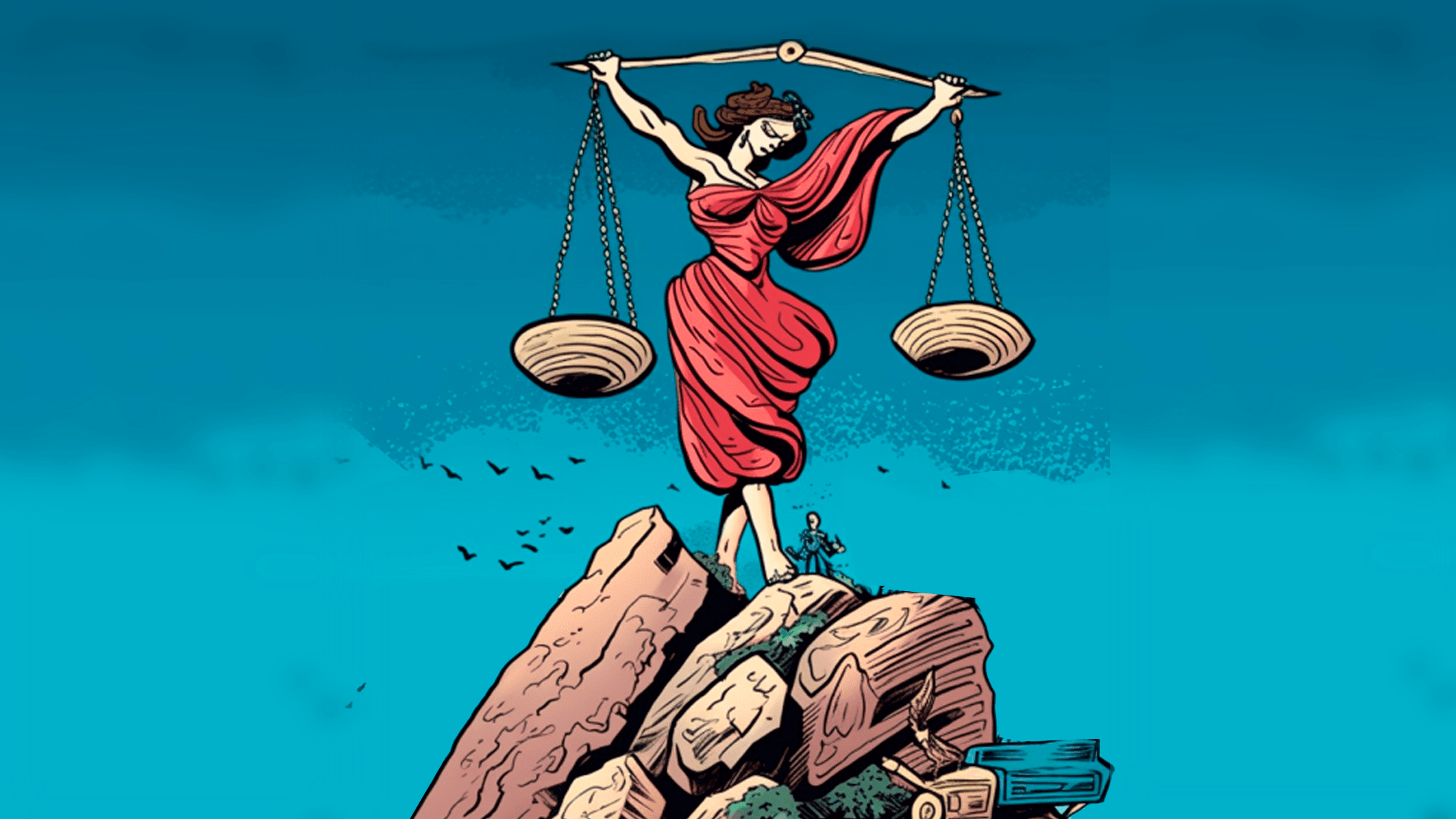
The New Reality of Legal Practice
